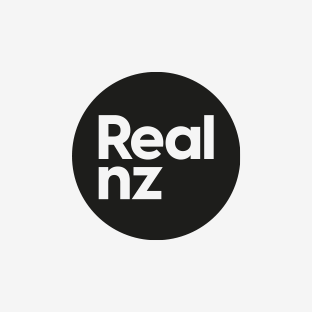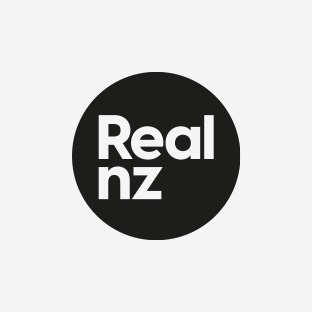Save $500pp on a Discovery Expedition Cruise
Our Sustainability Journey
For almost seventy years, RealNZ is privileged to have been able to share some of the world’s most remote rainforests and wilderness areas with generations of guests.
Many have let us know they have gone home with a greater appreciation and love of nature and our planet.
As the world around us changes, we are acutely aware of the need to do even more to nurture and care for what is left of our precious wilderness areas.
We’re still working on it but here’s what we do to reduce our carbon emissions and minimise waste.
Dedicated Conservation and Sustainability Team
RealNZ appointed New Zealand tourism’s first Chief Conservation Officer, former RealNZ General Manager Paul Norris, who leads a dedicated conservation and sustainability team. Paul’s leadership was recognised in the 2020 New Year’s Honours with an MNZM for services to tourism and conservation.
This team is tasked with ensuring everything we do is looked at through a conservation and sustainability lens for the long-term benefit of our people, our partners and our planet.
Carbon Reduction
RealNZ is proud to be Toitū carbonreduce organisation certified. This means as a business we comply with ISO 14064-1:2018 and the requirements of the Toitū Envirocare carbon programme.
We have a long way to go but so far we:
- have installed electric charging stations in Manapouri, Te Anau, and Queenstown and own two electric vehicles and. We plan to expand the network into Milford Sound and Bluff.
- are founding members of the Hydrogen New Zealand Association (in 2018). We are supporting the rollout of a pilot project to demonstrate and promote hydrogen technology in this part of the world.
- are actively investigating electric vehicle battery technology and hydrogen fuel cell technology options for both our road and marine transport fleets.
- We have set up our power generation and distribution system at Walter Peak for renewable energy and are investigating options to transfer from diesel generators to renewable energy

Inside the engine room of the TSS Earnslaw
TSS Earnslaw: Launched in 1912, the TSS Earnslaw is the oldest coal-fired passenger-carrying steamship in the southern hemisphere. Almost lost (scuppered) in the late 1960’s we have carefully maintained her (including her original boiler and engines) for over fifty years. She has become a unique historical icon, and whilst over the years we have continued to improve the efficiency of the vessel to minimise emissions - the steamship is our biggest barrier to reaching our carbon reduction goals. Our Head of Asset Management, the TSS Earnslaw Chief Engineer and his team, are tasked with investigating alternative fuel options whilst preserving the steamship’s authenticity and heritage value.
Responsible Consumption and Production
Our procurement guidelines ensure sustainability is built into what we purchase in the first place, with environmental, social and economic criteria that reflect our values. The procurement team actively works with suppliers on several fronts including reusing, recycling and promoting product stewardship. We prioritise buying local where we can.
We have completed a full audit of all the waste types (e-waste, food, oil, packaging, textiles, etc) and the amounts involved. Since 2018 we have been working through our key areas, investigating the recycling/reuse methods for each material and reusing or recycling wherever possible.
Some of our initiatives:
- We now only serve New Zealand spirits and wines showcasing our high-quality local product
- Partnered with our suppliers to return our used uniforms to be recycled in charity shops and minimised apparel packaging
- Partnered with our milk distributer to take responsibility for the used milk containers – which are taken away with deliveries. The containers are recycled into plastic pellets which are made into items like drainage pipes.
- All PET bottles and single-use plastic items like straws, cutlery, and ketchup containers have been removed
- Single-use plastic water bottles have been removed from picnic lunch boxes and boxes made smaller with information on the complimentary water widely available
- Plastic boarding passes removed
About Us
- Our Story
- Conservation
- Our Places
- Our Sustainability Journey
- Sponsorship & Community
- Cruise-for-a-Cause
- Awards
